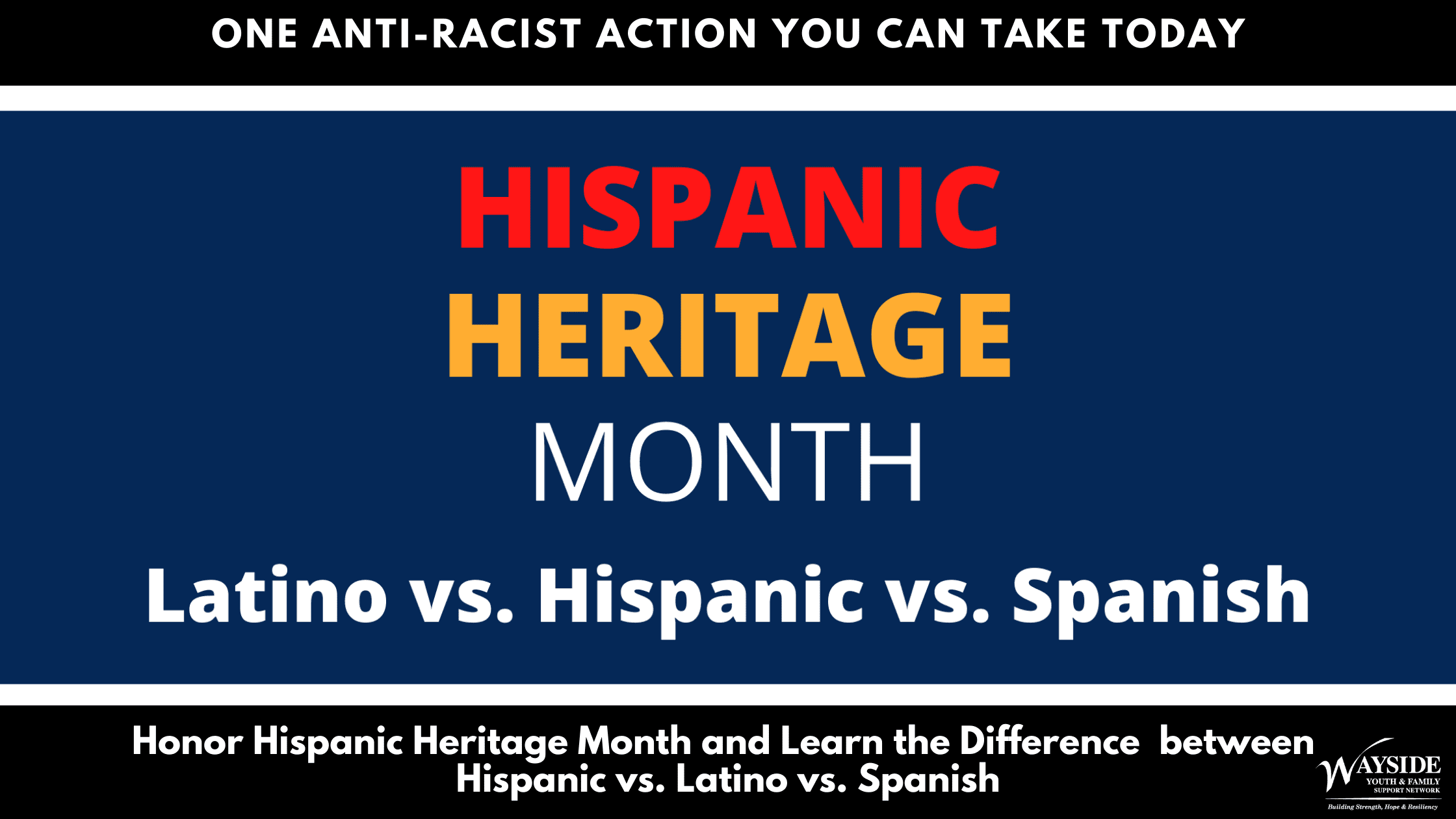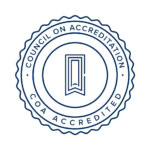
By Daniela Thermora
Director of People and Career Development
I think part of being Latina, Latino, Latinx, Spanish or Hispanic is understanding the difference between all of those terms. I was taught to call myself Spanish or Hispanic, when in reality I was referring to two different things. One meant I was from Spain, which I am not, and the other was referring to my ancestry and language.
Let me explain so we can all better understand what the terms mean especially since it’s National Hispanic Heritage Month.
Growing up, and maybe this was just my family, but calling myself Latina was frowned upon. I am not sure why. I don’t know where I learned that this word was not to be used. I was taught to call myself Spanish or Hispanic. Maybe someone, somewhere said Latina sounded too Spanish.
You might think of Hispanic and Latino as terms used to describe racial categories, like the terms white, Black, or Asian. The terms “Hispanic” and “Latino” refer to ethnicity and culture, not race. In the United States the terms “Hispanic” and “Latino” (or “Latina” for a woman, sometimes written as “Latinx” to be gender-neutral) were adopted to loosely group immigrants and their descendants who hailed from what is now known as Latin America. Although the terms are often used interchangeably, they have slightly different connotations. It is important to clarify that the categories refer only to a person’s origin and ancestry. A Latino/a or Hispanic person can be any race or color.
In contrast, Latino refers to geography, specifically people from Latin America including Central America, South America and the Caribbean. Similar to being Hispanic, being Latino says nothing about your race. A person who is Hispanic may also be Latino, but this is not always necessarily the case. For example, a person from Spain would be Hispanic but not Latino because Spain is a Spanish-speaking country but not a Latin American country. A person who is Latino may also be Hispanic. For instance, while people from Brazil are considered Latino (because Brazil is one of six Latin American countries), they are not considered Hispanic because their native language is Portuguese not Spanish.
Today, I proudly identify as a first-generation Latina whose parents are from Guatemala and Puerto Rico, and I speak Spanish and English. I am not Spanish because it’s easier for English speakers to say, or Hispanic because the U.S Census lists it as an option. I am Latina.

